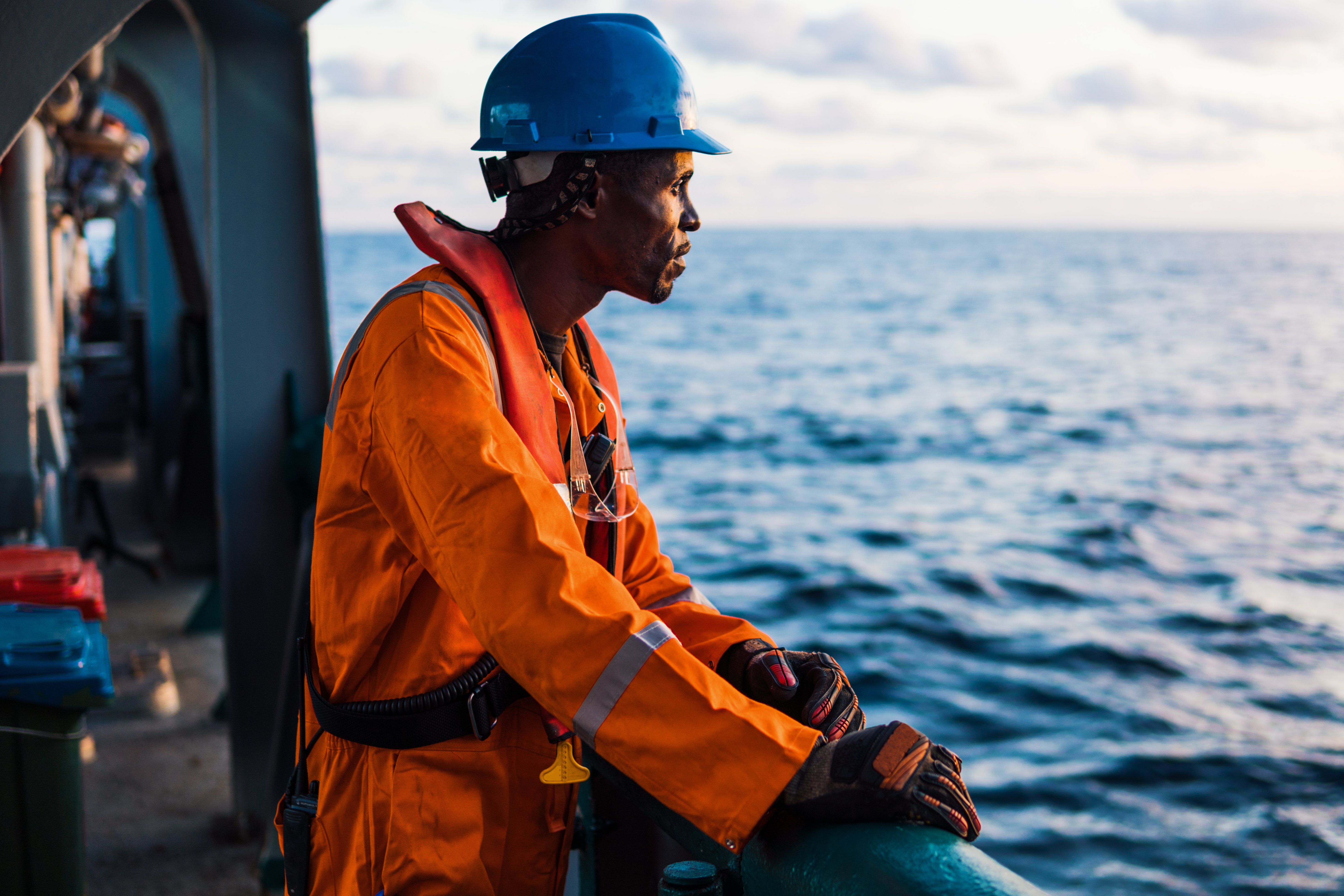Climate change is raising the risk of extreme weather, causing food shortages and threatening the existence of myriad species—and if that weren't enough, it's now prompting pirates to plague the world's oceans and seas.
New University of Maryland research published online in the American Meteorological Society's Weather, Climate, and Society journal by criminology and criminal justice Distinguished University Professor Gary LaFree and former graduate student Bo Jiang Ph.D. '19, an assistant professor at the University of Macau, shows that rising sea temperatures are having a complex effect on maritime crime. But instead of Jack Sparrow pursuing doubloons with a cutlass and a sextant, think of a desperate fisherman who uses an AK-47 and a GPS device.
"When we think of pirates, a guy with a peg leg and a parrot comes to mind, but modern piracy is a much more sophisticated phenomenon," LaFree explained. "Piracy is an attempt to illegally board a ship—at sea or in port—with the purpose of stealing property and taking hostages for some sort of financial gain."
Looking at 15 years of data on sea surface temperatures and piracy in the South China Sea and the waters off East Africa, LaFree and Jiang found that rising temperatures led to an increase in piracy attacks in East Africa due to decreased fish production, which caused a loss of economic opportunity. But in the South China Sea, where some commercial fish species conversely thrived in the warmer waters, increased fish production led to higher incomes for families in the fishing industry and less incentive to engage in crime.

"These results suggest that as climate change continues, its impact on violence and criminal behavior will likely be complex, with increases and decreases depending on the specific situational context and the rational choices changing sea temperatures generate," Jiang said.
To LaFree, the findings also add to our understanding of who criminals are—or can be.
"Crime is much more of a dimmer switch than an on-off switch; these fishermen drift into crime when the economy is bad and they drift out of it when they're able to," he said. "This sort of hard dichotomy between criminals and noncriminals is way more porous."
The results also demonstrate yet another serious impact of climate change on the world economy.
"A huge proportion of all the world's trade comes through these areas; in terms of total value, we're talking billions and billions of dollars," LaFree said, "so if left unchecked, piracy in especially a few of these narrow straits and bottleneck areas where pirates tend to head can have a huge economic impact."
Through a new Grand Challenges Individual Project Grant, LaFree and Jiang plan to do a deeper dive into the relationship between climate change and crime by collecting sea-surface temperature data from 109 countries with coastlines, and determining how rising temperatures impact acts of political violence, and more specifically, acts of terrorism.
"The proposed research will tell us the extent to which climate change may alter the socio-political and environmental situations where terrorist organizations can proliferate, rise and grow, as well as offer insights into the individual decisions to engage in terrorism," LaFree said.
Source: Phys Org





